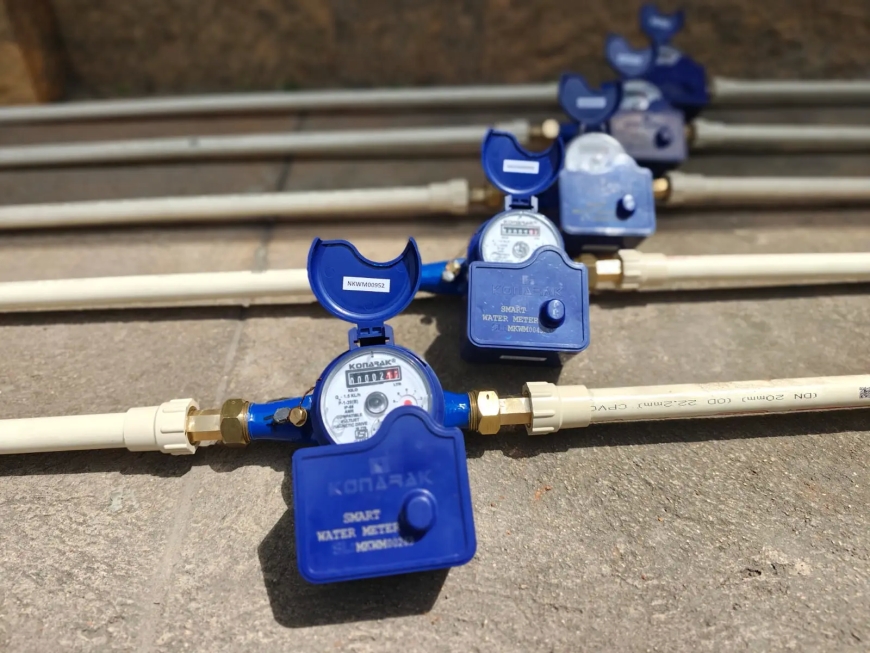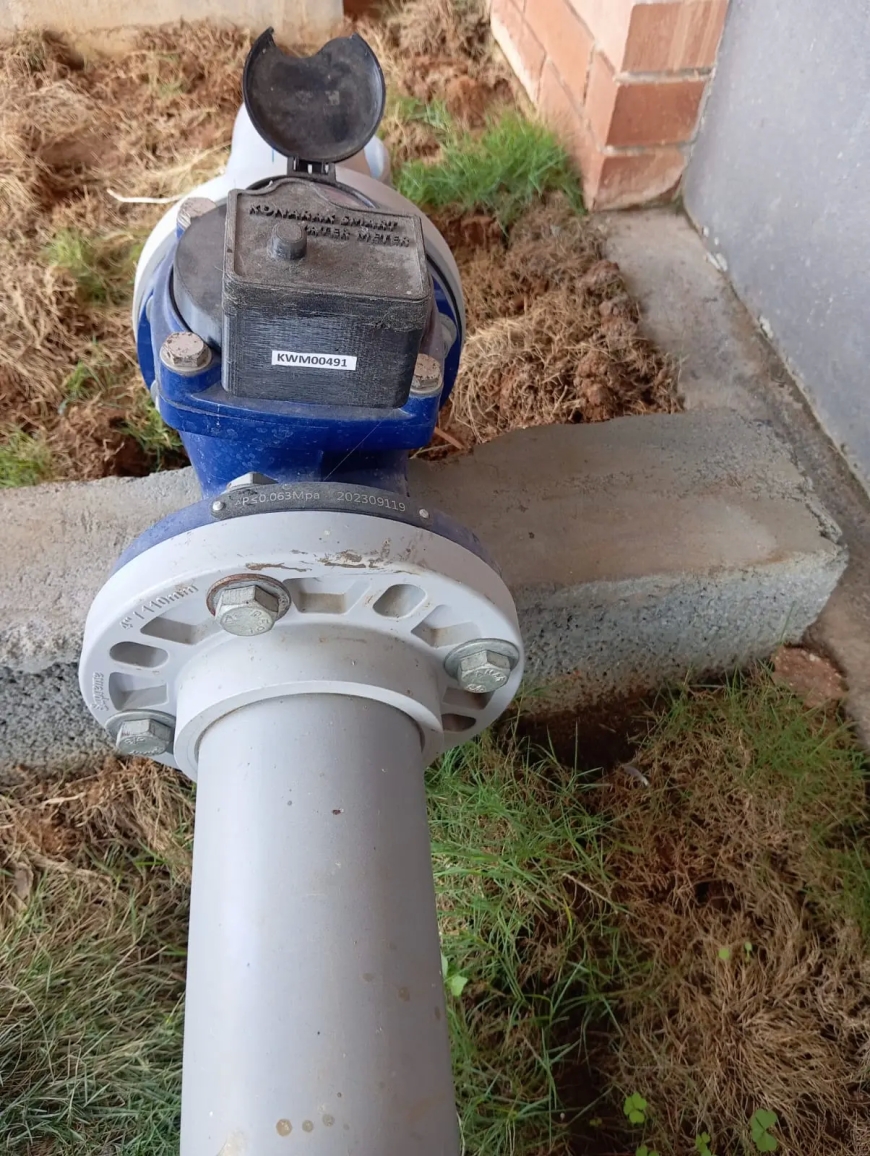How smart meters are elevating smart cities
Effective water use is made possible by smart meters, data-driven regulations, and connection with larger smart city projects.

Urban water shortage is becoming a bigger problem, necessitating creative solutions for sustainable use. Water conservation in smart cities is greatly aided by technology. Effective water use is made possible by smart meters, data-driven regulations, and connection with larger smart city projects, which promotes accountability and awareness.
Modifying behavior is essential for sustainable water use
A practical solution to urban water emergencies is to modify human behavior. Many locals waste water because they unwittingly use too much of it. Consumption may be greatly reduced by teaching people conservation techniques including shutting off faucets, repairing leaks, recycling greywater, and adopting water-efficient equipment. School initiatives and awareness campaigns also aid in establishing conservation practices at a young age.
But awareness is insufficient on its own. Direct feedback from gadgets like smart meters that display data in real time increases the likelihood that people will alter their habits.
 Pricing techniques to encourage conservation
Pricing techniques to encourage conservation
Compared to other utilities, water is frequently underpriced, which encourages excessive consumption. Water could benefit from a similar strategy to electricity, which has reduced excessive use through tiered price schemes. Mindful usage would be encouraged by a fixed tariff system that imposes greater fees for excessive use.
High-pressure showers and other luxury gadgets can use up to 18 liters of water per minute. Although it is advised that each individual use 130 litres of water per day, many households use more than 1,000 litres. Water efficiency is rarely considered by consumers when selecting energy-efficient appliances. Implementing water-use device grading systems might drastically cut down on waste.
The effects of smart technology on water use
Monitoring consumption is ineffective with traditional water meters since readings must be done by hand. Unintentional usage results from errors caused by scaling, silt accumulation, and maintenance delays. Similar to energy monitoring systems, smart meters in homes let users to monitor daily usage using mobile apps, which incentivizes water conservation.
Data-informed city decision making
Smart meters are advantageous for municipal water management as well as homeowners. City officials can estimate demand, identify leaks, and improve pipeline maintenance by examining consumption trends. Furthermore, proactive sustainability measures are made possible by combining this data with population patterns and weather forecasts, guaranteeing long-term resource availability.
Including smart city initiatives
By integrating with waste management, transportation, and energy systems, smart meters support larger smart city projects. They improve drainage planning, boost disaster readiness, and increase the efficiency of water treatment plants. Sustainability is promoted and environmental effect is decreased through AI-driven decision-making, real-time data analysis, and enhanced regulatory compliance.
Taking care of borewell depletion
Borewells are essential to many cities, but unrestrained exploitation has caused depletion. Communities do not act until borewells run empty if monitoring is not done. Proactive conservation is made possible by real-time water level data provided by smart meters connected to borewell tracking devices. Residents can minimize daily use, install rainwater collection, and look for alternate supplies before emergencies arise by viewing dropping levels.
Greater transparency and accountability
Smart meters improve accountability by giving towns and citizens access to precise, real-time data on water usage. Homeowners can better understand consumption patterns by using smartphone apps to track usage. Smart meters avoid human reading errors, detect unlawful usage, and guarantee proper invoicing for municipalities. The information gathered helps communities evaluate sustainability initiatives, set reasonable conservation goals, and preserve public confidence in water management practices.
The urban water crisis demands immediate, decisive action. While smart meters and data-driven solutions offer powerful tools for conservation, their true potential lies in catalyzing fundamental change - transforming wasteful consumption into mindful resource management. Bengaluru's water emergency serves as a harbinger of widespread urban water collapse without intervention. Smart meters do more than track usage; they empower citizens with real-time insights and equip cities with crucial data for proactive management. The choice is clear: embrace intelligent water management now or face severe scarcity tomorrow. Our actions today will determine whether future generations inherit sustainable water systems or dried-up wells. The technology exists and requires only our collective will to implement comprehensive water management solutions.








